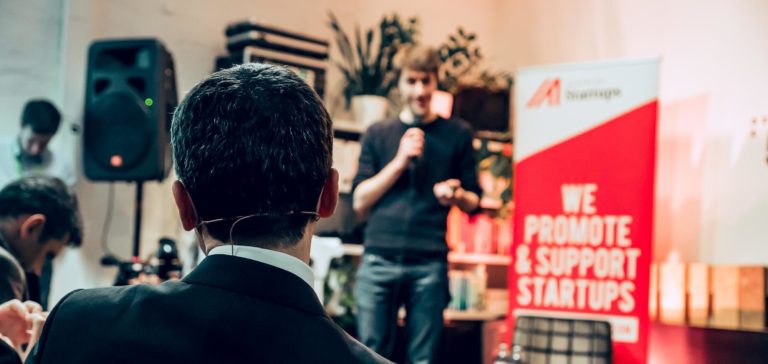When I saw the cover of one of Austria’s leading business magazines on the weekend, I was intrigued. With big letters, it read, “Startups are bombarded with grant-millions, traditional SMEs are left in the lurch”. Taking into account that the recent government startup package of €185 million seems minimal in comparison to the more than €19 billion of grants offered by the state of Austria in general, I was wondering whether they knew of any new initiatives. They do not. Instead, the respective story includes several unsatisfied SME founders complaining about the alleged startup love by the government. One of them is actually quoted saying that because of the large amounts of public money, “startup founders don’t know sleepless nights, or how it feels to hit the bottom and get up again”. At that point, I got really irritated. Did he ever make the effort to come by at a startup and experience their reality firsthand before making such comments? He would have found out that no substantial grant is paid out without the founder adding significant private contributions. Every single startup founder would tell him about their personal rollercoaster ride and those sleepless nights. His comment is so far off the mark that it is difficult to take it seriously.
Still, I believe that, as a community, we can learn a lot from this article. I am convinced that the increased public awareness about startups is ultimately positive. We desperately need more entrepreneurial spirit and enthusiasm about innovative new technologies in Austria and for that startups need to be present. However, when I read the lines above, it’s clear that this hype has also lead to some misunderstandings. It seems that considerable groups of our society have an unrealistic image of startups. To put it bluntly, in their worldview, startups are a bunch of hipsters playing foosball and living off grant money.
Now some of you might say, “let’s not care what people think of us – we will do our thing with or without public support”. But I believe this is not just about keeping political support to further improve conditions for startups – this is also about the talent pool at our hands. We will only be able to attract more of the right people to found or work in startups if the public starts to understand what startups are really about. I believe we currently have a small window of opportunity to position ourselves as an international hub for innovative young companies and I’m not willing to let such misunderstandings get in the way. It will be the job of us, the community, to set the record straight.
For that, we need to insert more facts into the public discussion. As already explained above, the startup package is only very small in comparison to the complete grant volume of Austria – considering the wide-ranging positive effects of innovative entrepreneurship (know-how, jobs, and economic competitiveness), probably too small. And yet, many people seem to have the impression that startups are bombarded by public money and everyone else is left behind. To change that, we finally need to get reliable data about our ecosystem and use those findings to educate the public about the realities of Austrian startups and why it makes sense to improve conditions for them. This is our aim with the Think Tank project we are working on – to finally move the basis of these discussions from gut feelings to facts.
Last but not least, it will also be our job to help mainstream media outlets portray startups in a more realistic way. People need to understand that founding or working in a startup is not about becoming a millionaire while playing foosball. It is incredibly tough and comes with the ever-present risk of personal failure. But it also enables you to have an impact and grow massively on a personal level. It will be our job to tell the right stories to better communicate that. To quote my fellow AustrianStartups colleague Daniel Cronin, “not just shiny success stories but stories showing how true success is created: grit and determination as well as bloody hard work”.
Photo credit: Timar Ivo Batis





